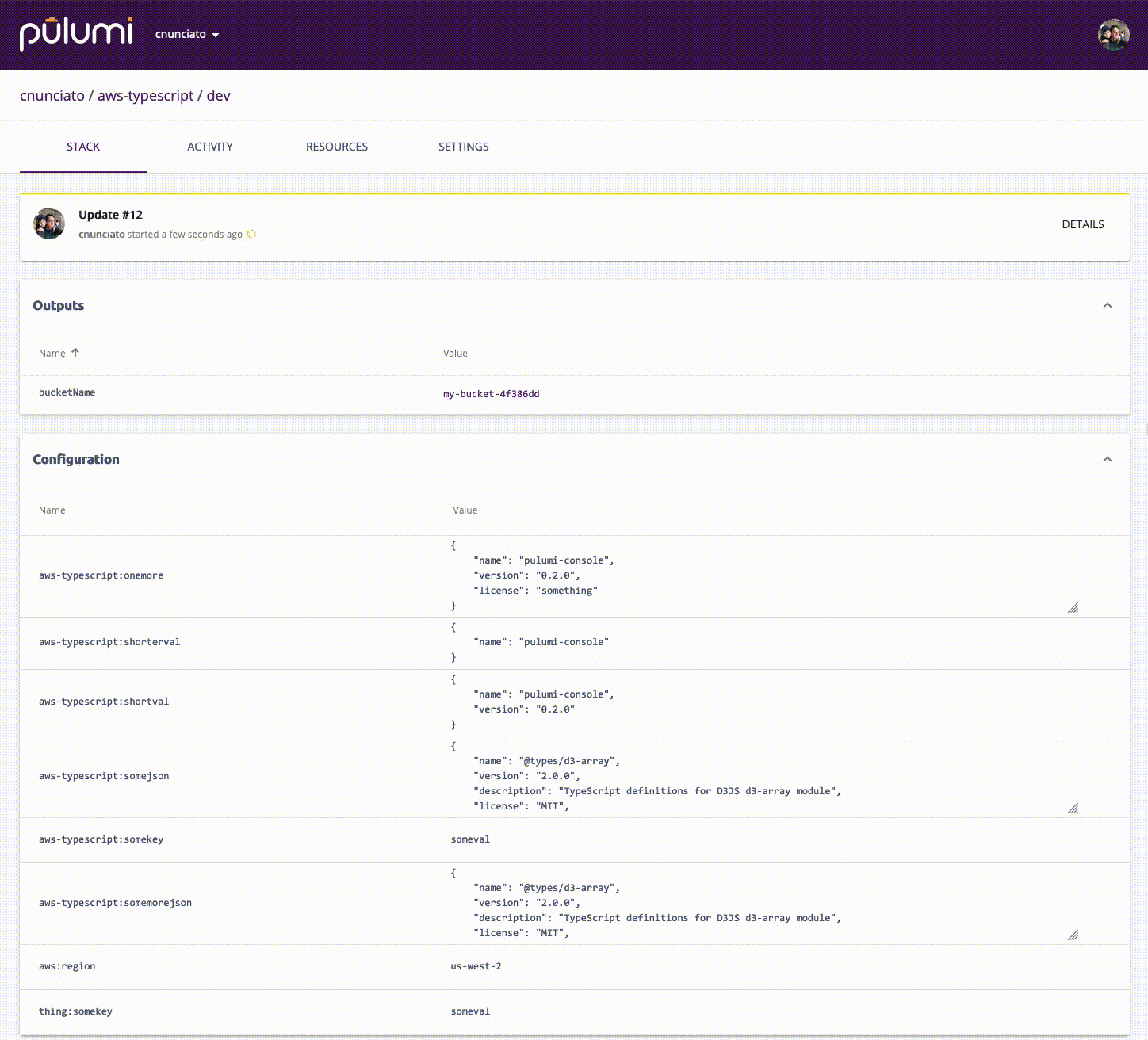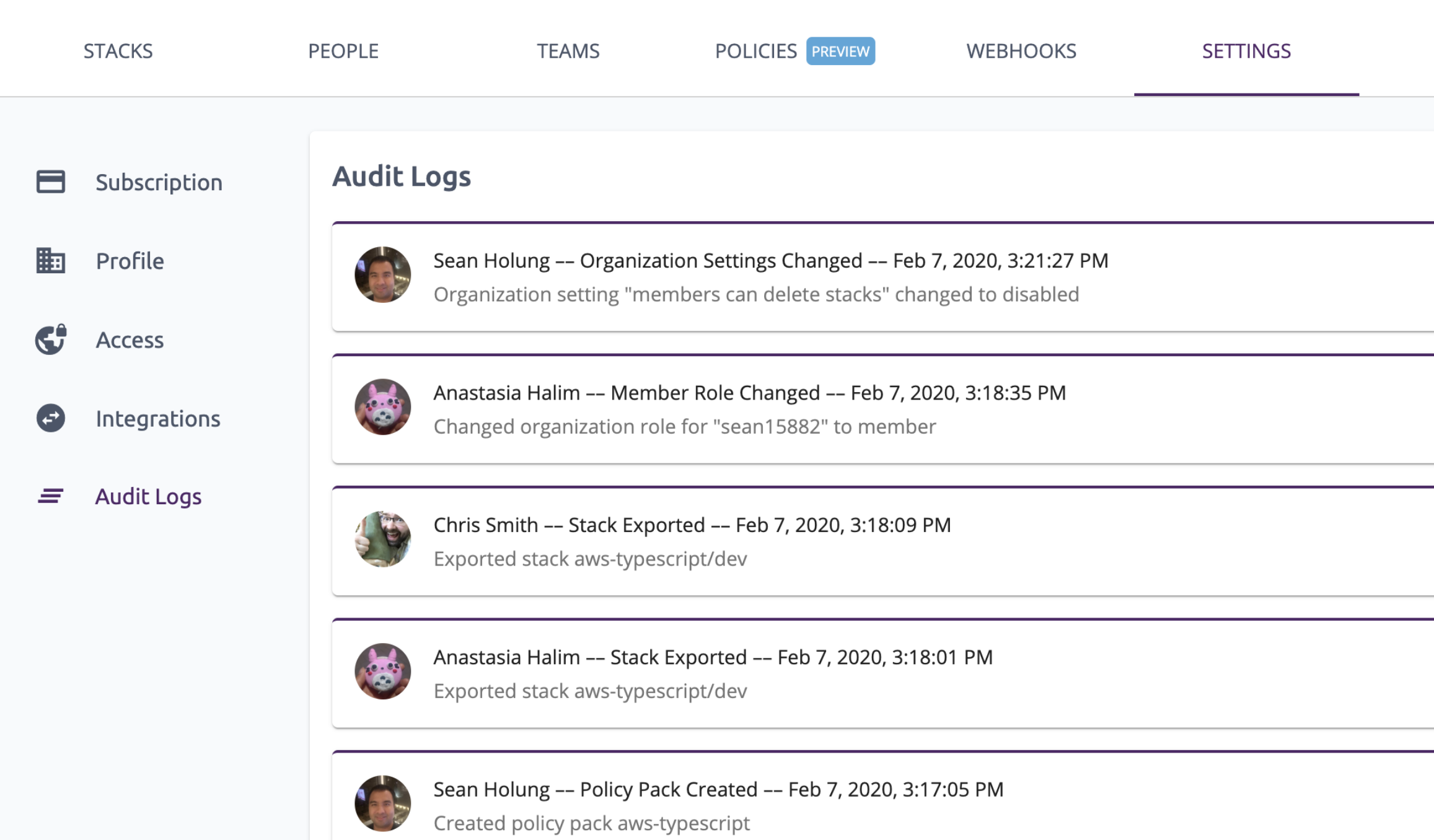Rotating Secret Providers

Customers and users have asked for the ability to change the secrets manager associated with their stacks. This would allow a user to rotate their secrets providers when people leave their organization or even to be able to migrate to another secret manager of their choice. The v2.8.0 release of Pulumi adds support for this specific feature. Let’s have a look at how to change a secrets provider for an existing stack:








